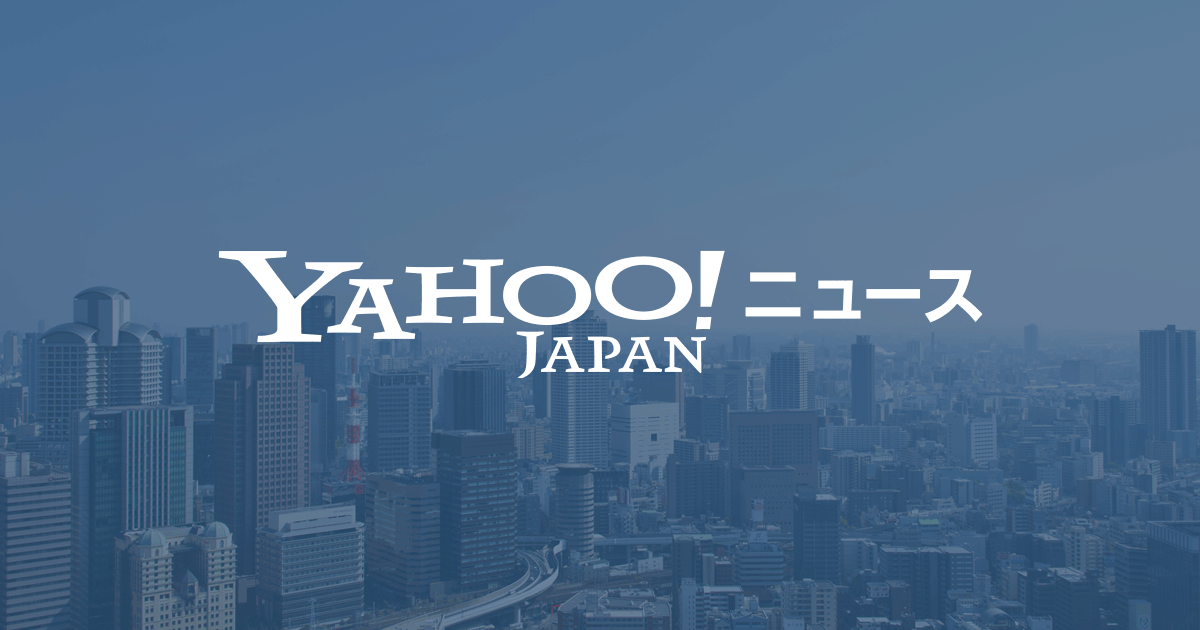EU 日本からの渡航 再び原則禁止にすることを発表
日本で新型コロナウイルスの感染が拡大していることを受けて、EU=ヨーロッパ連合は日本から域内への渡航を再び原則禁止にすることを発表しました。
EUは去年、新型コロナウイルスの感染が拡大してから、域外からの渡航を制限していますが、日本や韓国、オーストラリアなど一部の国については、感染状況が落ち着いているとして、去年7月に対象から除外し、渡航できるようになっていました。
ただ、渡航制限から除外される国は定期的に見直しが行われていて、EUは28日、日本について、感染が拡大していることを受けて、必要不可欠な場合を除くEU域内への渡航を再び原則禁止にすることを発表しました。
実際に渡航を制限するかどうかは国境管理の権限がある各国に委ねられますが、EU域内で変異したウイルスの感染が拡大していることなどから各国は域内外の移動の制限を強めることで一致していて、今回の決定によって日本からの渡航は厳しく制限される可能性があります。
日本が再び制限の対象となったことで、EUへの渡航が認められているのは韓国、シンガポール、タイ、オーストラリア、ニュージーランド、ルワンダの6か国となりました。
アレクセイ・ナワリヌイ氏の逮捕および拘束に関するG7外相声明
Brussels, 26/01/2021 - 19:42, UNIQUE ID: 210126_24
Joint Statements
EU News 20/2021
<日本外務省仮訳>
我々、カナダ、フランス、ドイツ、イタリア、日本、英国、米国のG7外相及びEU上級代表は、政治的動機に基づくアレクセイ・ナヴァリヌィ氏の逮捕及び拘束を結束して非難する。
我々は、数千人もの平和的な抗議活動の参加者及びジャーナリストの拘束についても深く懸念し、ロシアに対して、自らの国内的及び国際的義務を遵守し、1月23日に平和的な集会の権利を行使したことで恣意的に拘束された人々を釈放するよう求める。意見を表明する個人の権利を警察部隊により暴力的に鎮圧することは受け入れられない。これらの事案は、ロシアにおいて、反体制派、市民社会、人権擁護者及び独立した意見表明のための空間が縮小されるという継続した負のパターンを裏付けるものである。
ナヴァリヌィ氏が、2017年に欧州人権裁判所が恣意的かつ明らかに不合理なものと認定した判決との関係で拘束されていることは遺憾である。我々、G7外相は、ロシア当局に対し、ナヴァリヌィ氏の即時かつ無条件の釈放を求める。ロシアは、人権を尊重し確保する自らの国内的及び国際的義務に拘束される。
G7外相は、ロシアによって開発された物質である「ノビチョク」類の化学神経剤による2020年8月のナヴァリヌィ氏への攻撃を可能な限り最も強い表現で非難したことを想起する。
我々は、あらゆる化学兵器の使用は容認されず、そのような兵器を使用しないとの国際的規範に反することを強調する。我々、G7外相は、ロシア当局に対して、化学兵器禁止条約の下でのロシアの義務に照らし、ロシア国内で行われた化学兵器の使用について捜査し信頼性のある説明を行うことを改めて求める。
反体制派政治家に対する確認された化学兵器の使用及びナヴァリヌィ氏の今回の拘束は、ロシアにおける民主主義、独立した意見表明及び政治的多元性を更に損なう。我々は、ロシアに対して、市民的及び政治的権利に関する国際規約の下での自らの義務を果たし、表現の自由を含む同規約が規定する権利を、ロシアの領土及び管轄下にある全ての個人に対して保証することを求める。
我々は、ナヴァリヌィ氏、恣意的に拘束されているあらゆる抗議活動の参加者及びジャーナリストの即時釈放並びに同氏に対する毒物使用に関する刑事捜査を求める国際的な呼びかけに対するロシアの反応を引き続き注視していく。我々は、化学兵器禁止条約並びにロシアにおける民主主義、法の支配及び人権への支持、そして、ロシアの市民社会への支持の強化に強くコミットし続ける。
G7 Foreign Ministers' statement on arrest and detention of Alexei Navalny
Brussels, 26/01/2021 - 19:42, UNIQUE ID: 210126_24
Joint Statements
We, the G7 Foreign Ministers of Canada, France, Germany, Italy, Japan, the United Kingdom and the United States of America and the High Representative of the European Union, are united in condemning the politically motivated arrest and detention of Alexei Navalny.
We are also deeply concerned by the detention of thousands of peaceful protesters and journalists, and call upon Russia to adhere to its national and international obligations and release those detained arbitrarily for exercising their right of peaceful assembly on 23 January. The violent suppression by police forces of the right of individuals to express their opinion is unacceptable. These events confirm a continuous negative pattern of shrinking space for the opposition, civil society, human rights defenders and independent voices in Russia.
It is deplorable that Mr Navalny is being detained in relation to court decisions which the European Court of Human Rights determined in 2017 to be arbitrary and manifestly unreasonable. We the G7 Foreign Ministers call upon the Russian authorities for Mr Navalny’s immediate and unconditional release. Russia is bound by its national and international obligations to respect and ensure human rights.
G7 Foreign Ministers recall their condemnation, in the strongest possible terms, of the poisoning of Mr Navalny in August 2020 with a chemical nerve-agent of the “Novichok” group, a substance developed by Russia.
We reiterate that any use of chemical weapons is unacceptable and contravenes international norms against the use of such weapons. We, the G7 Foreign Ministers, again urge the Russian authorities to investigate and credibly explain the use of a chemical weapon on its soil in the light of Russia’s obligations under the Chemical Weapons Convention.
The confirmed use of chemical weapons against an opposition politician, as well as Mr Navalny’s latest detention further undermine democracy, independent voices, and political plurality in Russia. We urge Russia to fulfill its obligations under the International Covenant on Civil and Political Rights and to guarantee the rights it sets forth, including the right to freedom of expression, to all individuals within its territory and jurisdiction.
We will continue to monitor closely Russia’s response to international calls for the immediate release of Mr Navalny and any protesters and journalists who have been detained arbitrarily, as well as a criminal investigation into Mr Navalny’s poisoning. We remain strongly committed to the Chemical Weapons Convention, and to our support for democracy, the rule of law and human rights in Russia, as well as to bolstering our support to Russian civil society.
